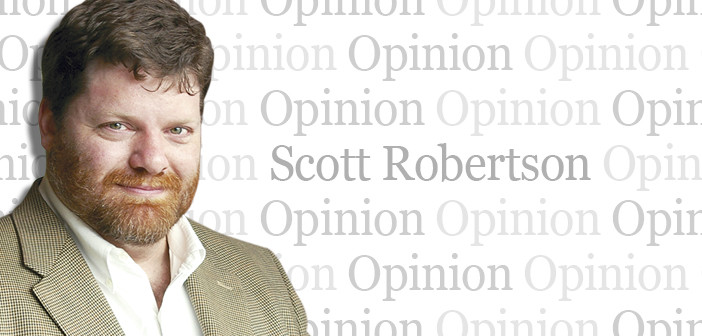By Scott Robertson
First, kudos to Joe Avento of the Johnson City Press. Avento was first to report the reason behind the suspension of ETSU Head Football Coach Randy Sanders. While the university has not confirmed his story to be correct, its silence on the matter lends credence to the veracity of Avento’s reportage. Generally, even institutions that won’t confirm a story will put out calls for correction if something wrong gets published. In the age of tweet-it-now-confirm-it-later journalism, Avento got a second source to confirm his story before he published, and he published fast.
When ETSU announced it had put Sanders on paid administrative leave Monday, it did so in a one-sentence email. The subject line was, “Statement regarding football coach.” The release read, “The head coach of the ETSU football team has been placed on paid administrative leave pending the investigation of potential violation of university policy.” Usually, the athletic department handles its own communications to the media. But Joe Smith, executive assistant to the president for university relations was named as the media contact.
The first thing I did was email Smith asking if the story were an April Fool’s joke. Sportswriters have seen all manner of ill-conceived April Fool’s gags perpetrated by coaches, athletes, agents and others. Smith’s reply was terse, if professional. “It is not a joke.”
One news operation immediately ran an online story saying the station “has learned” that Sanders was placed on paid leave. In journalistic parlance, the phrase “has learned” has generally implied the reporter or outlet had gone the extra mile to bring you something nobody else knew. In this case, “has learned” meant “have checked our email today.”
If you haven’t read Avento’s story, I suggest you do so, but for the purposes of letting you finish this column uninterrupted, I’ll tell you Avento reports Sanders is alleged to have struck a helmet-wearing player on the head because the player did not take a knee during a practice drill.
The immediate public debate has been whether policies that are designed to keep an academic institution safe from legal liability (should, say, a professor strike a student) apply to a football situation. After all, football is about hitting.
But what struck me (heh) was the coach allegedly deciding he should issue a head-slap over a player not taking a knee. Not taking a knee? Why has knee-taking suddenly become so darn important? Remember when taking a knee was just something a quarterback did to run out the clock?
I’ve loved football all my life, but I’m tired of this. Did the coach hit the player or not? Was it warranted or not? Should academic behavior rules apply on a football field or not? I don’t care anymore. If this legalese soap opera is what football is today, then hand me the Johnson City Cardinals baseball schedule, buy me some peanuts and Cracker Jacks, and play ball.




